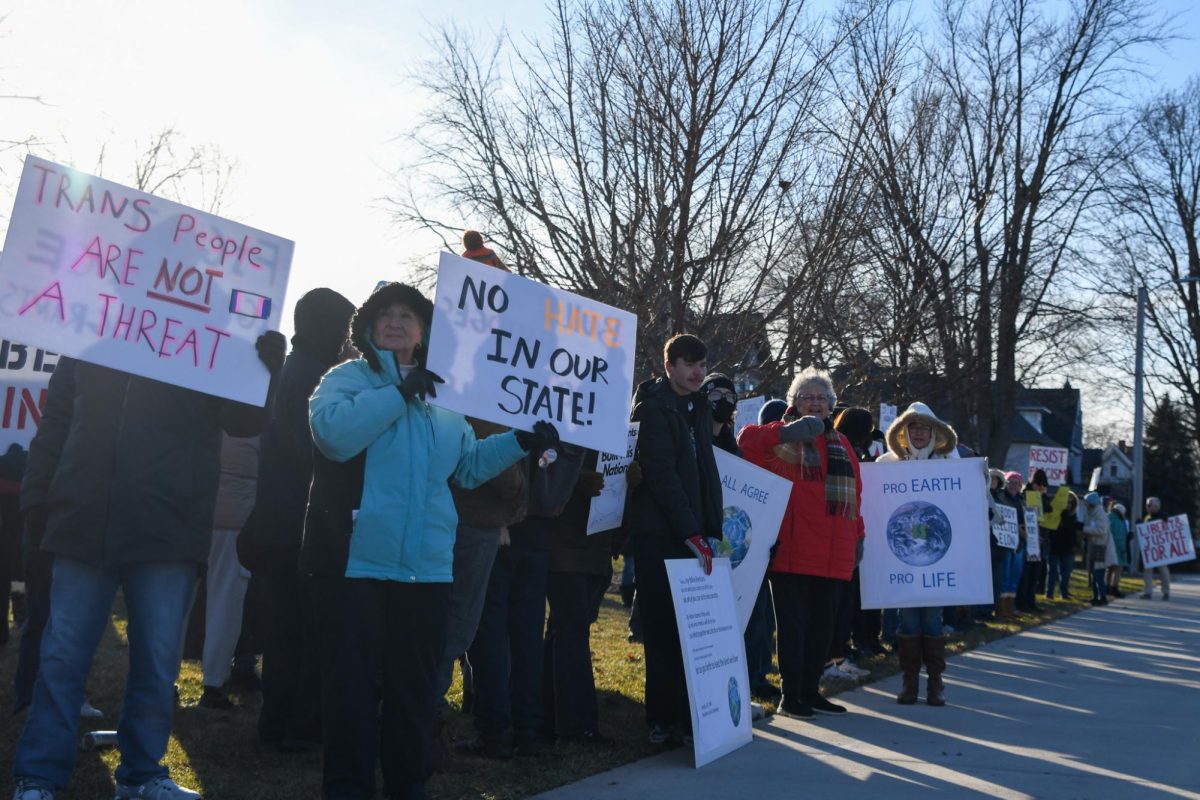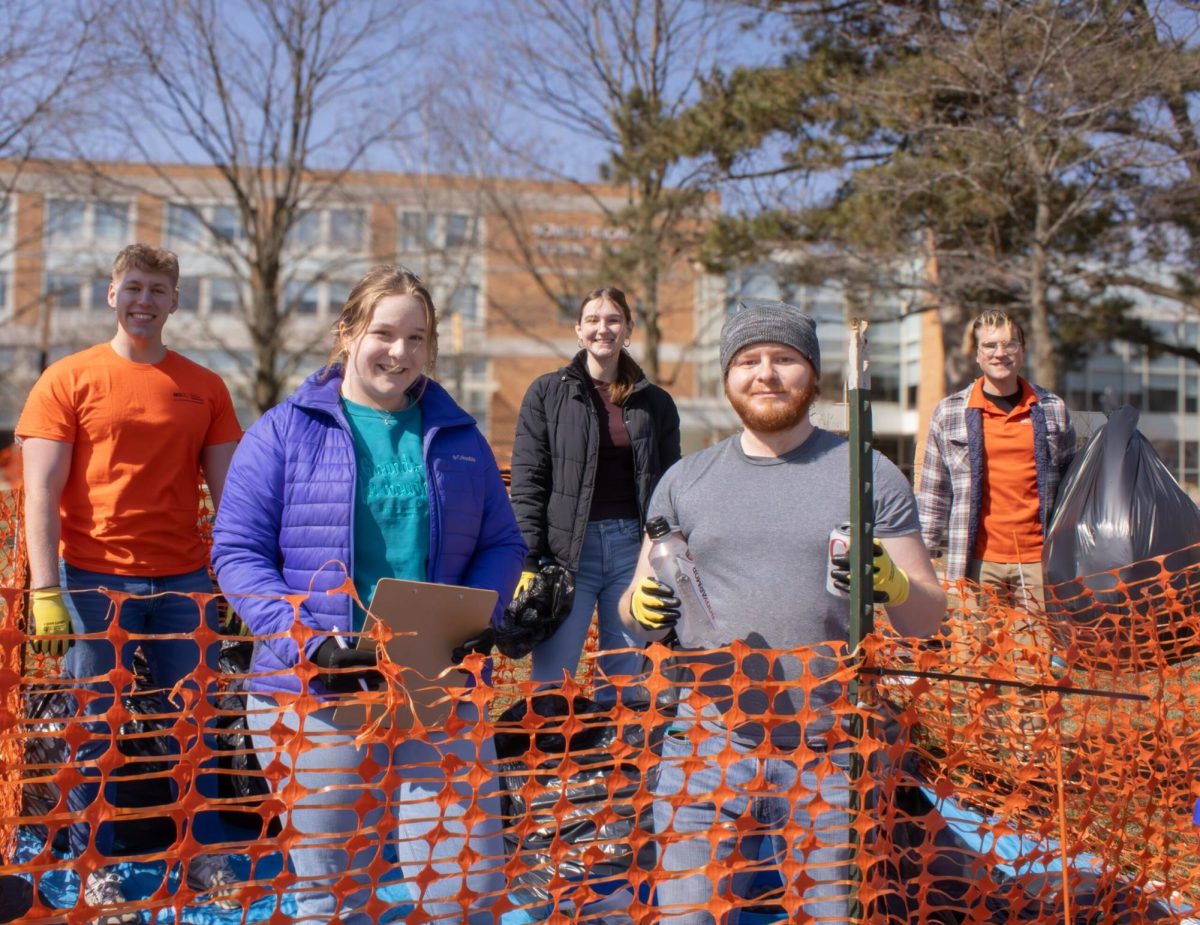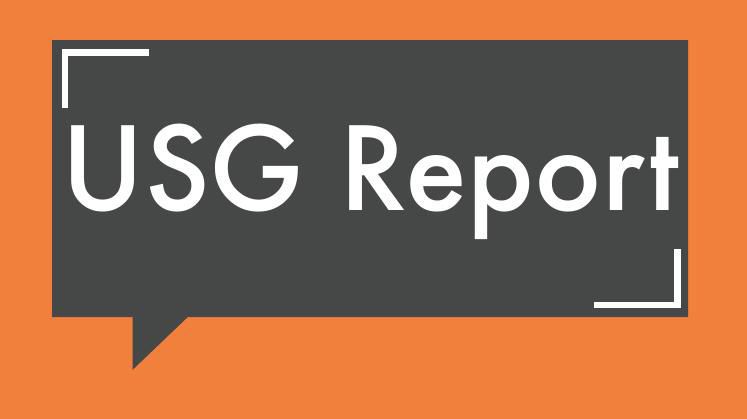Facebook rebrands as Meta
As of Oct. 26, Facebook has rebranded itself as Meta, formalizing a long-anticipated shift from social media to virtual reality. Meta’s new Reality Labs team is focusing on bringing the metaverse to life; a virtual space giving users the ability to attend concerts, go to work and meet friends from the comfort of their homes. This also comes with the company acquiring five major virtual reality technology startups, according to an article from The Verge published earlier this year.
Facebook users don’t need to worry though — Facebook accounts will not undergo any major changes. The biggest change will be in all labels that read “from Facebook” on apps like WhatsApp and Instagram, which will eventually change to “from Meta” in future updates. For now, it looks as though the main focus of Meta will be the development of virtual reality and augmented reality technology.
National gas prices on the rise
Through the last week of October, gas prices in the United States have peaked higher than they have in seven years. According to AAA, the national average of a regular gallon of gasoline has risen to $3.38. This time last year, drivers were paying $2.16 a gallon, over a dollar less. San Francisco, California in particular has been making headlines this week with gas averaging at $4.75 a gallon.
Higher than expected fuel costs has the U.S. Energy Information Association predicting dramatic increases in propane, heating oil and natural gas sales and consumption this winter. The rise in fuel costs and consumption rates have been blamed on President Joe Biden’s new regulations on land usage and most prominently, the revocation of the Keystone Pipeline permit.
AAA cites the recent rise in gas prices to a mix of higher crude oil prices, higher than anticipated demand, and a stark decline in stocks.
School districts drop mask mandate
Thirty-nine Ohio school districts are no longer requiring masks as COVID-19 cases and hospitalization rates decline. Many of these districts cite new recommendations from the Ohio Department of Health in their decisions, which allow for unmasked and unvaccinated students and staff in the classroom. These new recommendations include guidance for children between the ages of 5 and 11 to wear masks, as they are too young to be vaccinated, but states parents may choose to not mask their children.
Close contacts of COVID-19 may stay in school but are required to wear a mask for 14 days after exposure. Bowling Green City Schools adopted this policy with the goal of keeping children in school. Named Mask to Stay/Test to Play, this guidance allows students and staff of all vaccination and contact statuses as long as they take precautions such as monitoring themselves for symptoms and getting tested.
This isn’t to say that all classrooms are mask free. An estimate from Governor Mike DeWine’s office says that 61% of public school students are required to wear masks in the classroom. As of now, CDC recommendations still include wearing a mask and getting vaccinated.
Climate crisis
Leading scientists and climate researchers from the Intergovernmental Panel on Climate Change have grown increasingly skeptical that global leaders will make any true attempts to slow the rate of global warming. An IPCC report from August suggests that time is quickly running out to reverse the effects of climate change in spite of promises made in the 2015 Paris Accords. The Paris Accords, also known as the Paris Agreement, is an international treaty set to slow the global rise in temperature.
All eyes are on the COP26 climate summit in Glasgow, an ongoing United Nations meeting centered on climate change. The recent drought in Madagascar has many climate researchers concerned, fearing the situation is a microcosm of what is to come if nothing is done. An estimated 5.2 million people are in need of emergency food aid, forcing citizens of Madagascar to seek asylum and escape famine.














